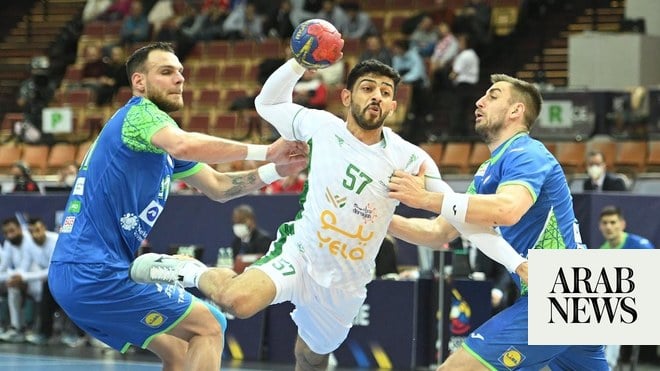
A four-year hunt for the road world title came to a triumphant, cliff‑hanging end for Julian Alaphilippe at Imola, where he made a characteristic late solo attack on the final climb to hold off the big race favourite Wout Van Aert of Belgium in a pulsating finale to the 258-kilometre race – in the process becoming the first Frenchman to wear the elite rainbow jersey since 1997.
Alaphilippe had figured strongly in the final action at Bergen in 2017 and Innsbruck in 2018, but fell foul of the bone-chilling rain in Harrogate last year. In common with most of his fellow countrymen, he had endured mixed fortunes in the Tour de France, taking a stage win and the yellow jersey in Nice but losing the lead due to an illegal feed and trying in vain to add a second victory in the second half of the race.
In Imola, however, he made no mistake, prising the race from what had appeared to be a Belgian stranglehold. The diminutive Frenchman sent his team to the front at a couple of strategic moments but otherwise bided his time as the Belgian squad kept the race under control, with Van Aert’s sprint finish in mind.
On the final climb of the Gallisterna, he remained patient initially as the Tour de France stage winner Marc Hirschi piled on the pressure, dragging a small group clear.
Shortly before the top of the climb Alaphilippe sprang clear – with only Van Aert, the 2014 champion Michal Kwiatkowski and Jakob Fuglsang of Denmark within reach. It was the kind of move that won the Frenchman Milan-San Remo in 2019, and which was also familiar to British fans who watched him win the UK national Tour the year before.
Over the top he had a slender 10sec lead, but the final kilometres were eminently suited to a solo escapee – twisting and mainly wooded – and he gradually extended his lead as behind Primoz Roglic and Hirschi joined the chase.
At the foot of the descent, approaching the Imola motor circuit, the pursuit stalled and Alaphilippe drew away again.
“It’s hard for me to know what to say,” said Alaphilippe after crossing the finish line in tears. “I’ve come so close in the past but never even got on the podium. The team were strong, the coach Thomas Voeckler believed in me, and our plan was a good one.”
For the second weekend in a row, Van Aert was to be thwarted at the last after a seamless build-up to what had appeared a likely victory. The previous Saturday, a defining television image was his depressed expression as he watched his teammate Roglic lose the Tour de France unexpectedly to Tadej Pogacar after he and the rest of the Jumbo-Visma team had controlled the three-week race. Eight days later he was the one who fell at the last. His presence in the chasing group played into Alaphilippe’s hands: Van Aert’s companions knew the Belgian would win a sprint finish – his effort for silver took him well clear of Hirschi – so it fell to him to do the bulk of the effort in pursuit.
This was the first time since the calendar was redrawn in 1994 that the title race had been held close enough to the Tour de France finish to draw all the Tour’s stars, and the final laps were enlivened by a vain, courageous move from Pogacar, who went clear with 42km remaining, at the same point where the women’s champion Anna van der Breggen had made her move on Saturday.
The Belgian machine proved too much for him, but had no answer when Alaphilippe made his final dazzling surge.












